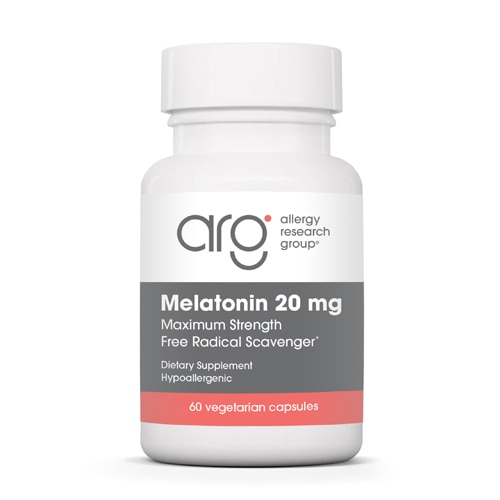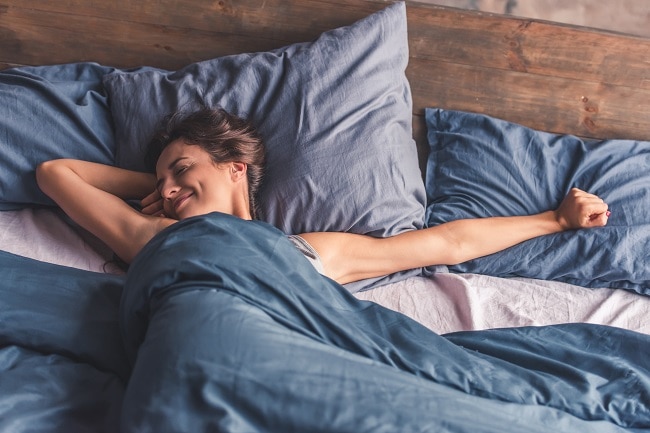I am not an official sleep expert, but I sure am a sleep advocate. Really though, no one needs special creds to understand the upside of shut-eye. All it takes is one night of underfunded slumber to know you didn't get what you need.
Still, science is helpful when it comes to convincing. I've researched sleep plenty as a reporter and editor. So I'm going to cut to the chase: The best read out there is Why We Sleep by Matthew Walker, a neuroscientist at the University of California, Berkeley, and the founder and director of the Center for Human Sleep Science. I would have reached out to him for comment on all kinds of sleep curiosities, but his book is so thorough (and, it's worth noting, riveting to read) that it would have been redundant. Plus, I'd rather not take up his time, given he could spend it discovering more about sleep.
Next best is The Promise of Sleep by William C. Dement, a professor emeritus at Stanford University, where in 1970 he founded the world's first center for sleep disorders. This book is denser than Walker's engaging narrative, and newer science has stamped out some of its info. Nonetheless, Dement is widely regarded as the contemporary forefather of sleep science and a pioneering expert on sleep deprivation.
My allotted 700-ish words here couldn't hold a candle to what you'll discover in these books. That said, I'll tantalize you with eye-popping nuggets, mainly from the tomes (read them!), in order to illuminate the alarming effects of sleep deprivation.
Some overarching points:
You need more than seven hours of sleep each night. I'm sorry to share that after 10 nights of getting seven hours of sleep, your brain will be as messed up as it would be if you hadn't slept for 24 hours, according to Why We Sleep.
The clearest way to express our non-negotiable need for sleep is to tell you that Guinness Book of World Records banned the category because of its health dangers. Randy Gardner broke the record in 1964 by staying awake 11 days. Dement oversaw the quest, which Gardner started on his own.
The most obvious way to see sleep deprivation's widespread effect – from just one hour – is through the spike in heart attacks the day after daylight savings time every March. Did you get that? We're not talking about losing a whole night's sleep or even half of what you normally get. We're talking one hour. Lack of sleep screws up all your biology and also is linked to obesity, cancer and dementia, to name just three. You're more likely to catch a cold or the flu too.
And now a few intricacies:
Your memory fades to bits without sufficient deep sleep, which is strongest during the earlier part of nightly slumber. You need deep sleep before and after you learn new things in order for those mental acquisitions to stick. What's more, getting enough sleep can even help you recall things you couldn't recall right after you learned them. It improves memories associated with facts, yes. But it also strengthens memories associated with skills (how to play an instrument, for example), making you better at them, according to research Walker conducted.
Unfortunately, deep sleep declines as we age – beginning even in our late 20s. We become less efficient at sleeping, and our sleep quality degrades. Yet older adults need just as much sleep as younger adults. Young or old, a lack of deep sleep turns you into a bumbling idiot, forgetful and uncoordinated. Observe these qualities in the elderly, though, and you're sure they're succumbing to dementia. Indeed, Walker lays out evidence of poor sleep as a causal factor for dementia. But your old dad might not remember a name the next day simply because he hasn't met the nightly requirements needed to do so.
Your creativity wilts, and your emotional balance and ability to read others goes haywire without enough dreamy REM sleep, an alarming 60 to 90 percent of which you get during the final two hours of an eight-hour night's sleep. For example, without sufficient REM sleep, you're apt to mistakenly think a friendly face is threatening. A surefire way to suppress critical REM sleep is to drink alcohol. That's because when your body breaks down alcohol, it produces chemicals that block your brain from launching dream sleep.
Convinced of sleep's power? Here's a quiz from the Center for Environmental Therapeutics to discover your body's particular rhythms so that you can adjust your schedule to get the shut-eye you need.
Journalist and yoga teacher Mitra Malek regularly edits and creates content for wellness-focused outlets, including Yoga Journal, for which she is a contributing editor. Learn more at mitramalek.com.




